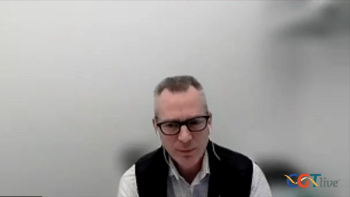
The chief scientific officer at Omega Therapeutics discussed the issues with other modes of therapies that OEC therapy may address.

The chief scientific officer at Omega Therapeutics discussed the issues with other modes of therapies that OEC therapy may address.
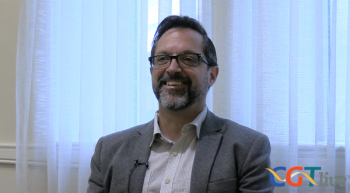
The head of the Pediatric Neurology Fellowship Program at the University of Valparaiso in Chile discussed how a lack of cost-effectiveness may hold back the potential of newborn screening in gene therapy.
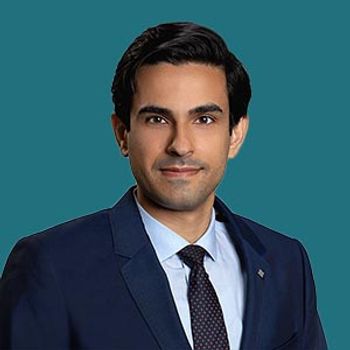
Sattar Khoshkhoo, MD, the founding director of the Epilepsy Genetics Clinic at Brigham and Women's Hospital, discussed his nonclinical research on disease pathogenesis in MTLE.
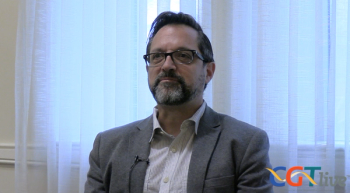
The head of the Pediatric Neurology Fellowship Program at the University of Valparaíso in Chile discussed positive impact of newborn screening so far and work that still needs to be done.
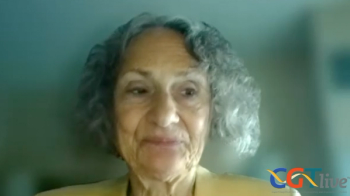
The chief development officer of Anixa Biosciences discussed the company’s trial of a CAR-T in ovarian cancer that is looking at the effect of regional administration and lymphodepletion on efficacy.
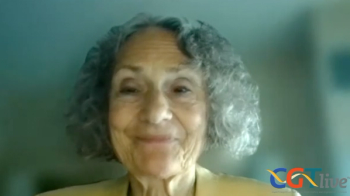
The chief development officer of Anixa Biosciences discussed how the company is tackling 2 major challenges presented by solid tumors in its ovarian cancer clinical trial.

Adrian Kilcoyne, MD, MPH, MBA, the chief medical officer of Celularity, discussed what the company learned from relitigating results of legacy trials for a mesenchymal stem cell therapy in Crohn disease.

Adrian Kilcoyne, MD, MPH, MBA, the chief medical officer of Celularity, discussed a new analysis of gene and protein signatures from patients treated in the company’s legacy clinical trials.
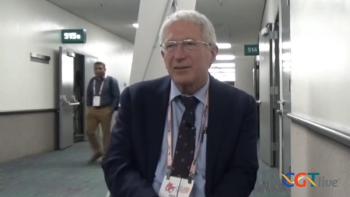
The pediatric gastroenterologist and professor in residence at University of California at San Francisco discussed challenges with clinical trials in neurocognitive diseases including MPS2.
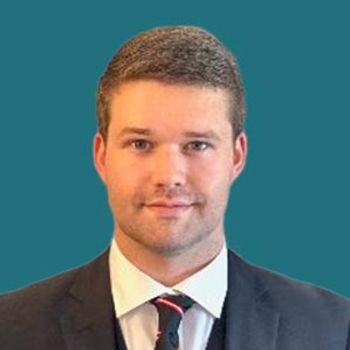
Kyle Garland, PhD, a senior scientist at Eterna Therapeutics, discussed the company’s preclinical work with partner Factor Bioscience that was presented at ASGCT’s 2023 conference.
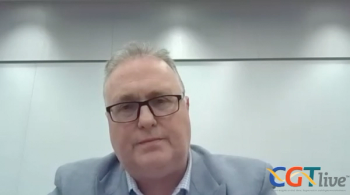
The chief medical officer of Cellularity discussed the big picture implications of a new analysis of patient samples from legacy studies evaluating MLASC therapy in Crohn disease.
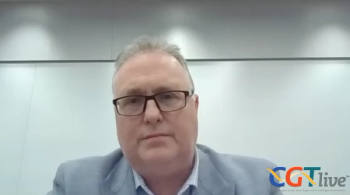
The chief medical officer of Celularity discussed MLASC and a new analysis of gene and protein signatures from patients treated in legacy clinical trials that he presented at ASGCT’s 2023 conference.

Jennifer Gori, PhD, vice president of research at Prime Medicine, discussed what distinguishes prime editing from other forms of gene editing.
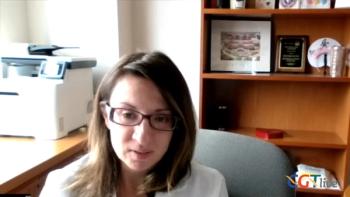
The assistant professor at MD Anderson Cancer Center discussed progress of the phase 1/2 trial being conducted at the center.
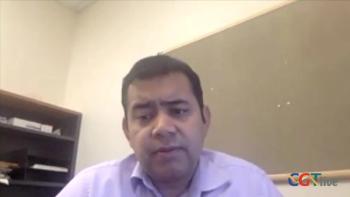
The associate professor at Medical College of Wisconsin discussed current studies evaluating cilta-cel and ongoing research.
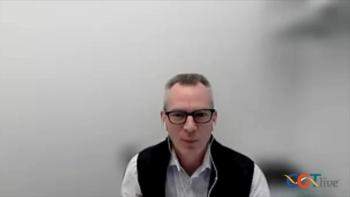
The chief scientific officer at Omega Therapeutics discussed the importance of understanding more about and researching epigenetics.

Nicole Paulk, PhD, the CEO, founder, and president of Siren Biotechnology, discussed research she presented at ASGCT’s 2023 conference.
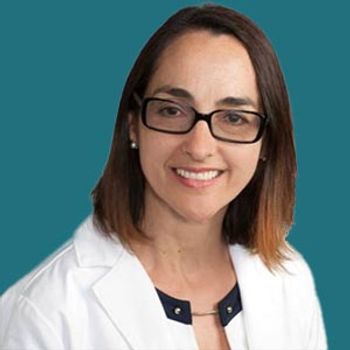
Maria Escolar, MD, the chief medical officer of Forge Biologics, discussed the atypical approach being used in the company’s trial for AAV gene therapy FBX-101.
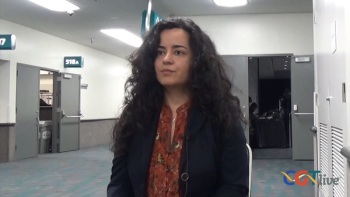
The scientist at Senti Biosciences discussed preclinical research presented at ASGCT 2023.
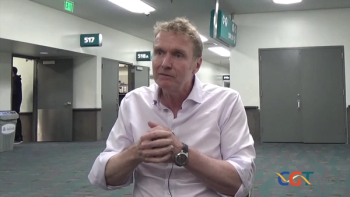
The chief scientific officer of LocanaBio discussed preclinical research presented at ASGCT 2023.
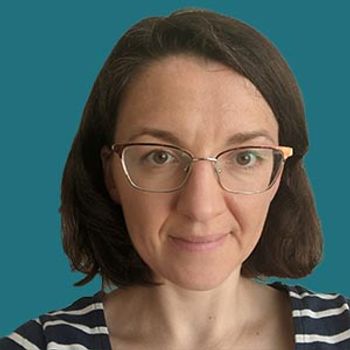
Magdalena Cichewicz, PhD, a scientist II at Senti Biosciences, discussed preclinical research she presented at ASGCT’s 2023 conference.
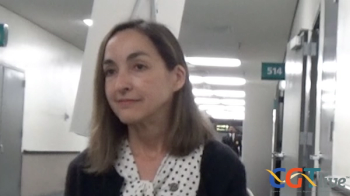
The chief medical officer of Forge Biologics discussed updated data from the phase 1/2 RESKUE clinical trial that she presented at ASGCT’s 2023 conference.
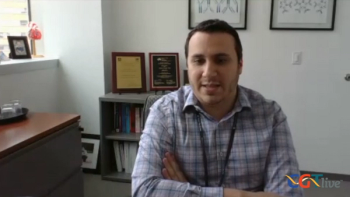
The assistant professor of microbiology at Penn Medicine discussed further research to be done with EGR2 and type 1 interferon.
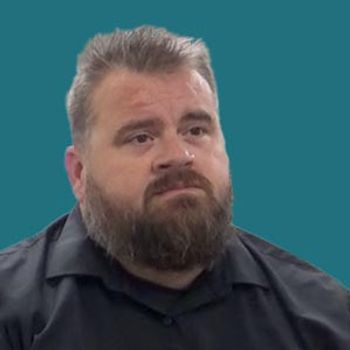
Gary Owens, MS, the associate director for gene therapy discovery at Precision Biosciences, discussed data he presented at ASGCT’s 2023 conference.
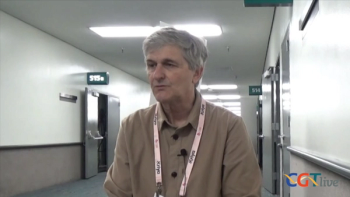
The chief scientific officer at REGENXBIO discussed RGX-202 and the ongoing clinical trial.
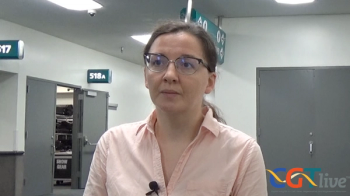
The scientist II at Senti Biosciences discussed the potential of synthetic promoters to improve target specificity in AAV vector-based gene therapies in retinal diseases and beyond.
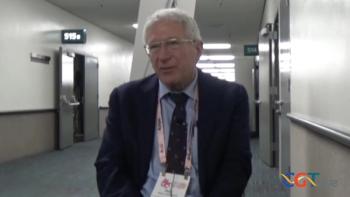
The pediatric gastroenterologist and professor in residence at University of California at San Francisco discussed biomarker findings from the phase 1/2 CAMPSIITE trial.
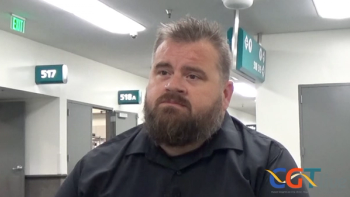
The associate director for gene therapy discovery at Precision Biosciences discussed preclinical research he presented at ASGCT’s 2023 conference.
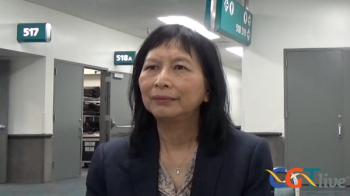
The principal investigator at Seattle Children’s Research Institute discussed the continuing need to share preclinical research at conferences even as more gene therapies enter the clinic.
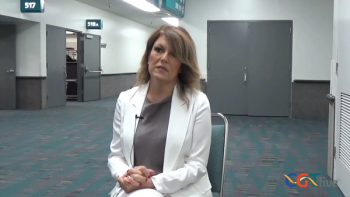
The chief scientific officer at Candel Therapeutics discussed progress in investigations with CAN-3110 and CAN-2409.